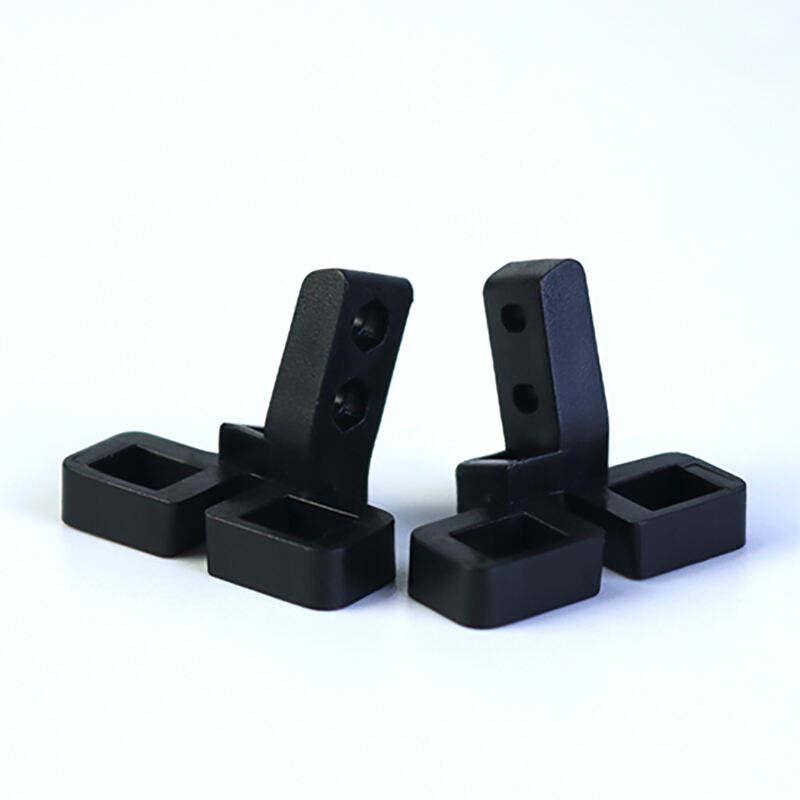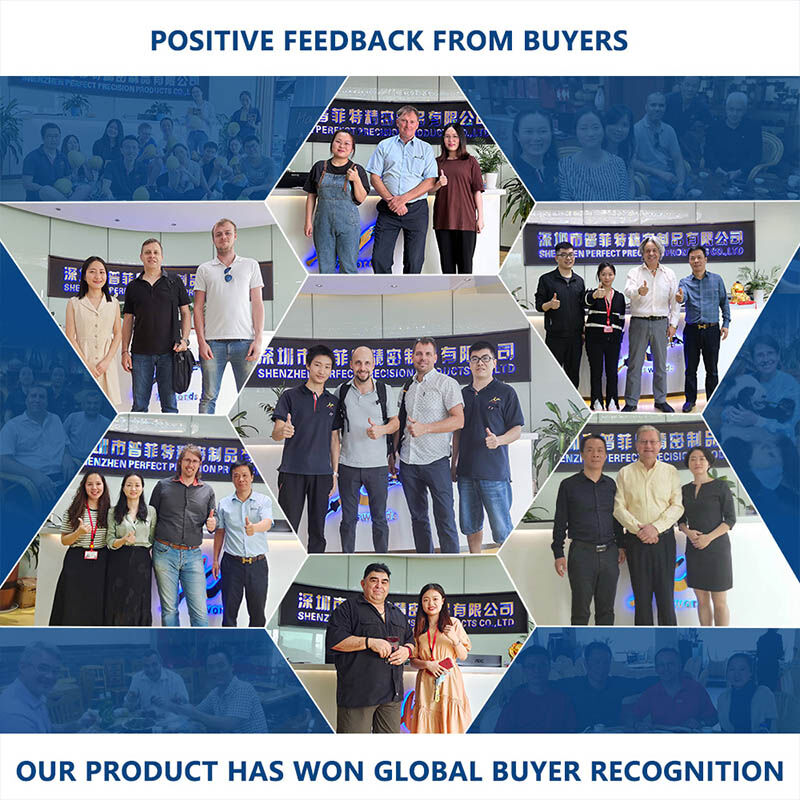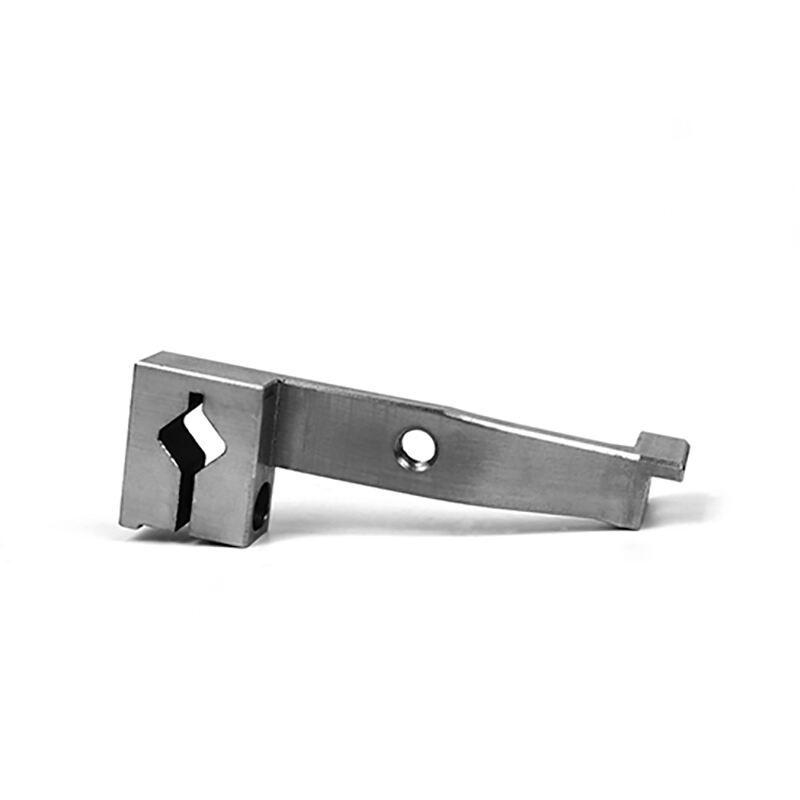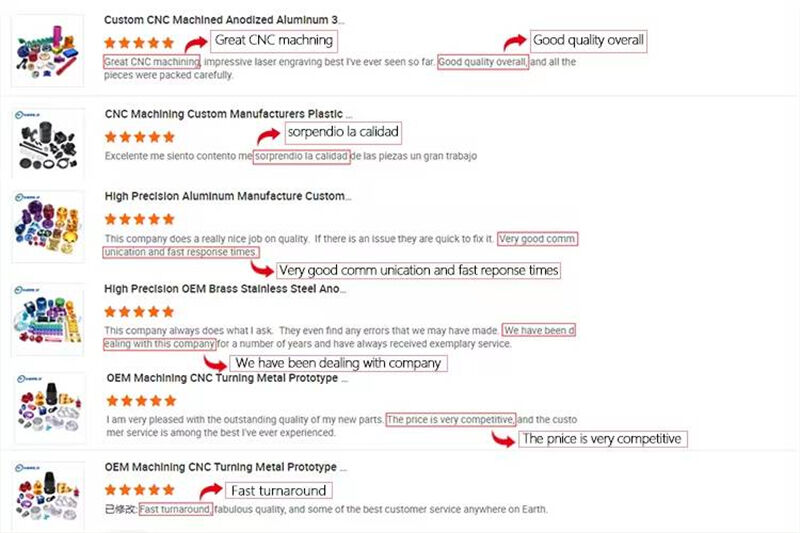Building 49, Fumin Industrial Park, Pinghu Village, Longgang District
Sunday Closed
Precision Machining Parts
Type:Broaching, DRILLING, Etching / Chemical Machining, Laser Machining, Milling, Other Machining Services, Turning, Wire EDM, Rapid Prototyping
Model Number:OEM
Keyword:CNC Machining Services
Material: Stainless steel
Processing method :CNC Turning
Delivery time:7-15 days
Quality:High End Quality
Certification:ISO9001:2015/ISO13485:2016
MOQ:1Pieces
Precision machining technology refers to a series of high-precision machining methods, such as turning, milling, grinding, drilling, electrical discharge machining, etc., to remove trace amounts of materials and achieve high-precision and high-quality manufacturing of parts. Its core lies in ensuring that the size, shape, and surface quality of the final product reach micrometer or even submicron level accuracy by controlling errors during the processing.
This technology can not only improve the performance and reliability of products, but also significantly enhance production efficiency and resource utilization.

With the continuous advancement of industrial technology, precision machining technology is also constantly developing and optimizing. The future development trends mainly include:
· Higher precision: With the advancement of materials science and processing technology, the precision of precision machining will be further improved, reaching the nanometer or even sub nanometer level
· More complex structures: Precision machining technology will be able to handle more complex geometric shapes and structures, meeting the needs of high-end manufacturing
· Lightweight materials: Precision machining technology will use more high-performance materials, such as high-temperature alloys, ceramic materials, etc., to meet the requirements of extreme conditions
· More intelligent production: With the application of intelligent manufacturing technology, precision machining will pay more attention to automation and intelligent production, improving production efficiency and reducing costs
Precision machining technology covers various machining methods, each with its unique characteristics and applicable scope:
· Turning: Cutting workpieces by rotating cutting tools, suitable for machining cylindrical and conical parts. Turning can achieve high-precision dimensions and surface quality
· Milling: Cutting workpieces by rotating multi blade cutting tools, suitable for processing complex shaped parts. Milling can achieve high-precision surface quality and complex geometric shapes
· Grinding: Fine machining of workpieces using grinding tools, suitable for improving surface quality and removing materials. Grinding can achieve high-precision surface smoothness and geometric accuracy
· Electric discharge machining: Processing workpieces through electric discharge, suitable for processing high hardness materials. Electric discharge machining can achieve high-precision dimensions and surface quality
· Ultrasonic processing: Processing workpieces through ultrasonic vibration, suitable for processing brittle materials. Ultrasonic machining can achieve high-precision surface quality and complex geometric shapes
The inspection and quality control of precision machined parts are important links to ensure their performance and reliability. Common detection methods include:
· Laser scanning: By using laser scanning technology to measure workpieces in three dimensions, high-precision size and shape detection can be achieved
· Computer vision: By using computer vision technology to analyze images of workpieces, high-precision surface quality and defect detection can be achieved
· CNC measurement: By using CNC measuring equipment to accurately measure workpieces, high-precision size and position detection can be achieved
Precision machined parts are widely used in multiple industries, with the most typical applications including:
· Aerospace: Precision machined components such as gears, bearings, and bushings play a crucial role in aircraft engines and spacecraft. These components require extremely high precision and stability to ensure flight safety and long-term operation of the equipment
· Automobile manufacturing: Precision machined engine components, transmission systems, suspension systems, etc. have a significant impact on the performance and fuel economy of vehicles. For example, the machining of precision shafts and gears can improve the transmission efficiency and durability of automobiles
· Medical devices: precision machined surgical instruments, implants, diagnostic equipment, etc., are crucial for the health and treatment effectiveness of patients. For example, precision machined titanium alloy stents and catheters can provide good biocompatibility and mechanical strength
· The electronics industry: precision processed semiconductor equipment components, circuit boards, and microsensors have a significant impact on the performance and reliability of electronic products. For example, precision machined electrodes and mirrors can improve the accuracy and stability of electronic devices



Q:How fast can I receive a CNC prototype?
A:Lead times vary depending on part complexity, material availability, and finishing requirements, but generally:
· Simple prototypes: 1–3 business days
· Complex or multi-part projects: 5–10 business days
Expedited service is often available.
Q:What design files do I need to provide?
A:To get started, you should submit:
· 3D CAD files (preferably in STEP, IGES, or STL format)
· 2D drawings (PDF or DWG) if specific tolerances, threads, or surface finishes are required
Q:Can you handle tight tolerances?
A:Yes. CNC machining is ideal for achieving tight tolerances, typically within:
· ±0.005" (±0.127 mm) standard
· Tighter tolerances available upon request (e.g., ±0.001" or better)
Q:Is CNC prototyping suitable for functional testing?
A:Yes. CNC prototypes are made from real engineering-grade materials, making them ideal for functional testing, fit checks, and mechanical evaluations.
Q:Do you offer low-volume production in addition to prototypes?
A:Yes. Many CNC services provide bridge production or low-volume manufacturing, ideal for quantities from 1 to several hundred units.
Q:Is my design confidential?
A:Yes. Reputable CNC prototype services always sign Non-Disclosure Agreements (NDAs) and treat your files and intellectual property with full confidentiality.
Copyright © Shenzhen Perfect Precision Products Co., Ltd. All Rights Reserved — Privacy Policy — Blog